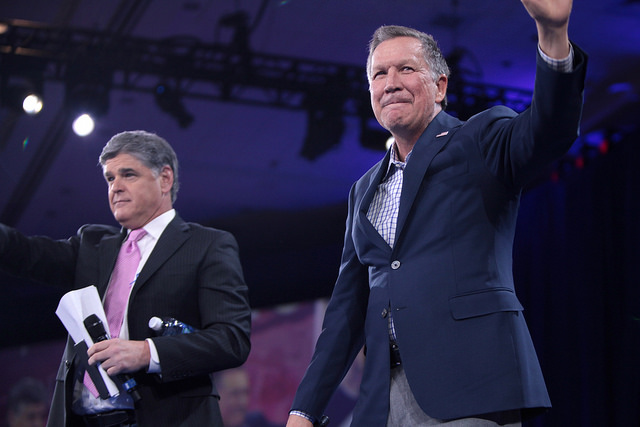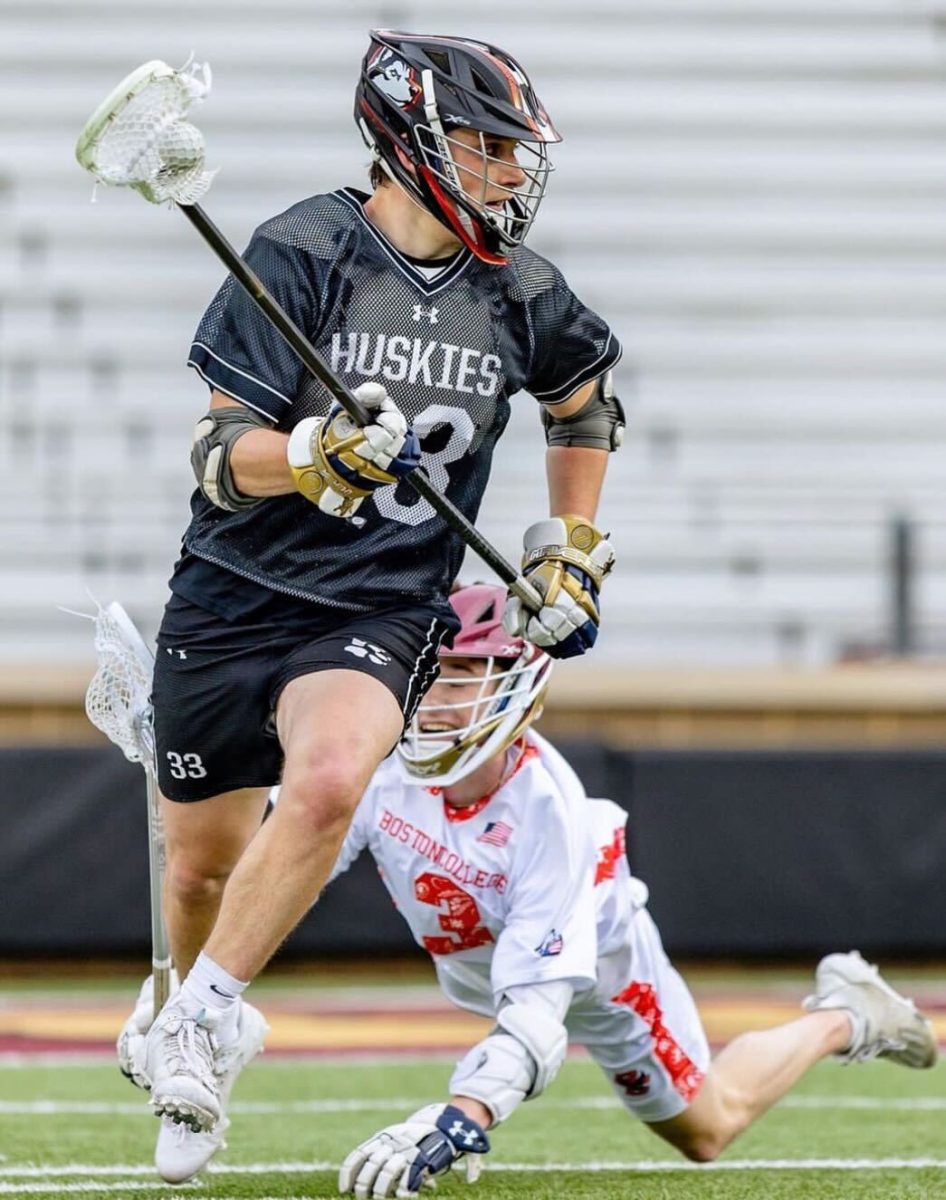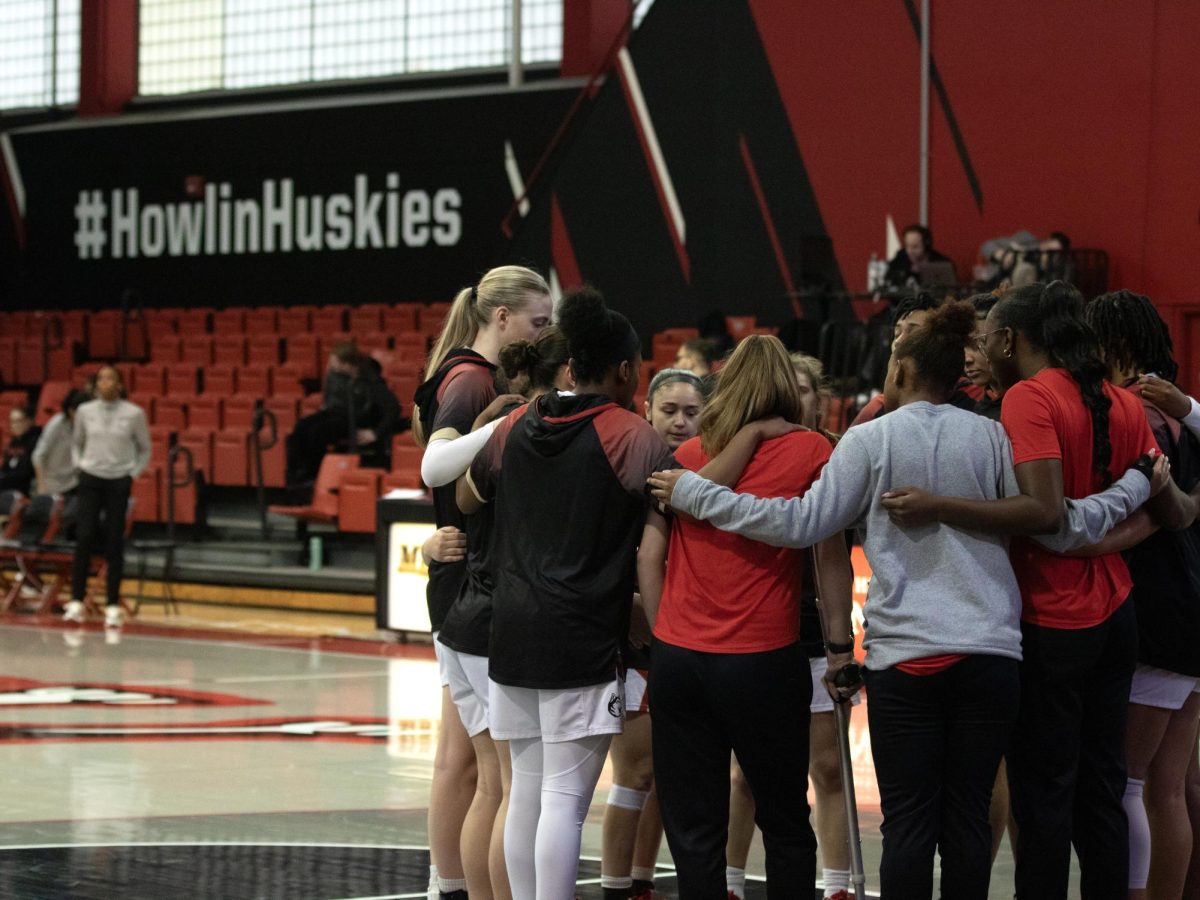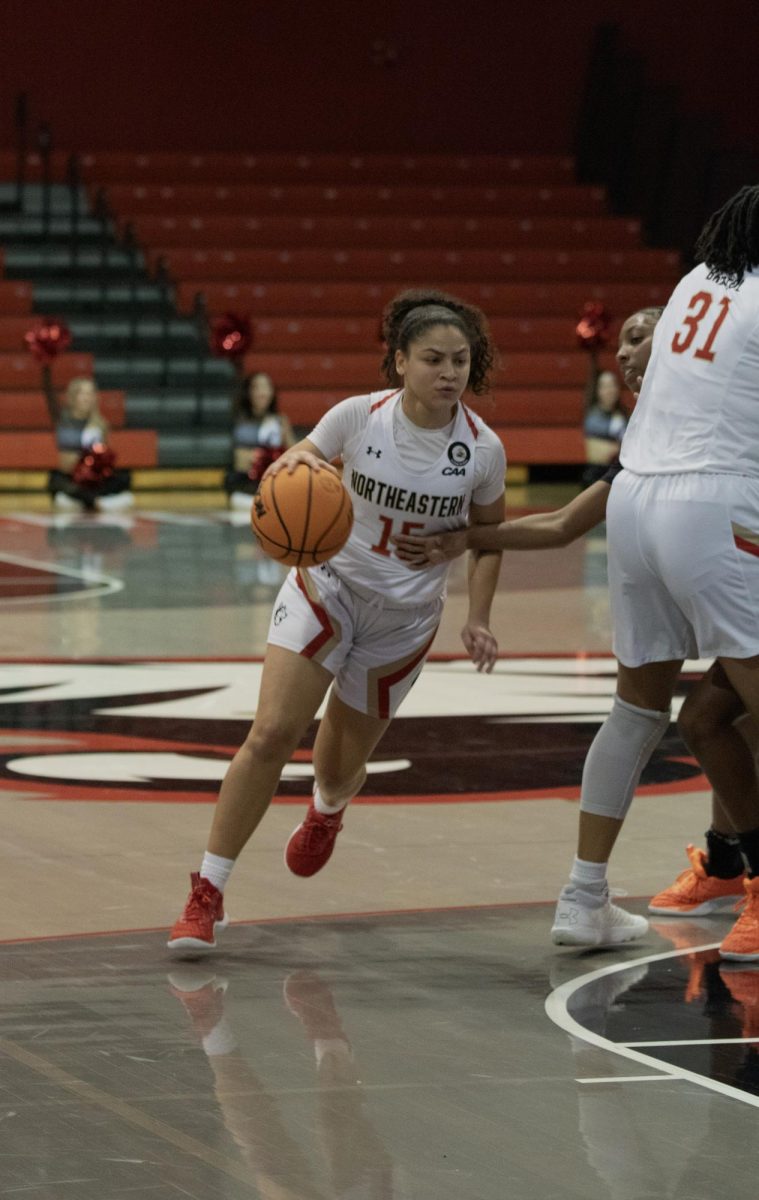By James Duffy, deputy sports editor
On the eve of the Iowa caucus, over 100 residents of quaint Keene, N.H. filled the Cheshire County Historical Society building, waiting for a presidential hopeful to make his plea for votes.
“This is it for me,” John Kasich, the Republican governor of Ohio said to the crowd. “If I get snubbed here, I’m going home.”
The event in Keene was just one of just over 100 town halls that Kasich held across the state, as he practically lived there in an all-or-nothing effort to maintain viability in the Republican race for the nomination. Kasich had completely abandoned the Iowa caucus, where he polled at just two percent the day after his Keene event, in an effort to put everything he had into one state.
Thanks in part to a Marco Rubio meltdown, Kasich finished a convincing 2nd in the Granite State. He came away with 16 percent of the state’s vote, well behind Donald Trump, but five points clear of any other candidate. For Kasich, this was a mandate to stay in the race.
His initial gamble paid off, and he’s tried the same move twice since to stay afloat in a vicious nominating process.
He pinned his hopes on Michigan, and later on his home state of Ohio, where he pledged to drop out if he didn’t win. As a multi-term, beloved governor, he put his entire campaign on the line.
On the night of March 15, Kasich won Ohio, capturing all of its 66 delegates, and Marco Rubio suspended his campaign.
Thirteen candidates had fallen to that point, but almost miraculously,John Kasich was still hanging on. But there’s a harsh reality he needed to face: He can’t mathematically win the nomination on the first ballot. Kasich currently has 143 pledged delegates, and he needs 1,237 to win. The problem is that only 842 are left to pledge support. He could win every vote in every state remaining and still fall about 300 short.
Moreover, winning any states left on the map is improbable enough. Kasich has one victory: His home state. His two next best finishes, New Hampshire and Michigan, might as well have been his home with the amount of time he spent there. Voters just aren’t warming up to Kasich quickly enough.
So what is he planning? Why is he still in the race?
Simply put, Kasich is playing spoiler. His only goal left is to pick up enough support for himself that he stalls Trump from reaching 1,237 pledged delegates. If no candidate hits this magic number, delegates become unbound and can pledge their support to whomever they please.
When the party gets to decide its nominee at the convention, Kasich needs old politics to prevail. Party elites can’t stand Trump or stomach Cruz, so there’s a chance they look to the adult in the room, which is a role Kasich has played since the first debate. He’s seemed presidential from the start, and while his opponents were happy to tear into each other, his only criticism took aim at Hillary Clinton, the Democratic frontrunner.
Kasich remains the elder statesman in the race, the only truly experienced politician. His opponents are controversial and unlikeable, and they probably won’t hit 1,237 delegates either.
It wouldn’t be completely unprecedented either. The last contested convention came in 1976, when Gerald Ford narrowly edged out Ronald Reagan to earn the nomination. While Ford had the benefit of being the incumbent, he wasn’t a beloved candidate; he had just been tossed into the presidency when Richard Nixon resigned. Ford won because he was able to woo the party establishment away from an upstart candidate, something that Kasich can take a lesson from. The men are different but the scenarios are similar, and while Kasich won’t win on a first a ballot like Ford did, if he does the hard work of swaying delegates, the vote could eventually shift into his favor.
Interestingly, Kasich’s entire campaign is already centered around the general election, despite having slim odds to get there. His Twitter account will spit out a half dozen polls daily showing that only he can beat Clinton in November, ignoring the fact that he can’t beat Donald Trump or Ted Cruz in April.
His entire campaign is riding on a few prayers. He needs Trump to fail to reach 1,237, and then at the convention, he essentially needs all hell to break loose, which actually isn’t too unlikely based on the way this election has gone. If that happens, Kasich becomes the last viable choice for the nomination.
Trump and Cruz are dividers, each with high unfavorability ratings. Kasich is well-liked enough, experienced, nationally appealing and, in reality, a good face for the party. He’s relatively moderate with some staunch social conservative stances, such as same-sex marriage and abortion, but he best represents the values of the majority of the party while maintaining some appeal to independents and democrats.
It’s not likely, but it’s plausible that Kasich pulls this off.
Keep your eye on the convention, the last chance for the Republican Party to save itself. And what better place to hold it than Kasich’s home turf: Cleveland, Ohio.
Photo courtesy Gage Skidmore, creative commons














